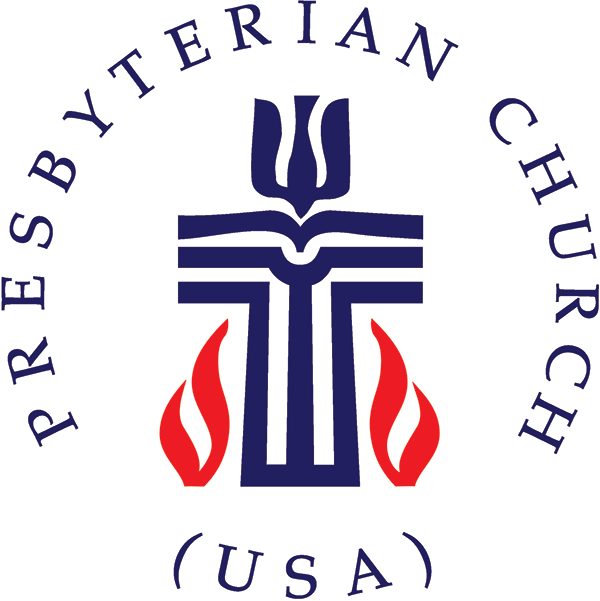
The COVID-19 pandemic has caused us all to rethink the way we do business. That certainly holds true for churches. Church is the place where we gather for worship and fellowship. It is the place where we go to our pastor for spiritual guidance, and sometimes for counseling.
But what if your church finds itself without a pastor or you are exploring a call to become a pastor in this age of social distancing?
Mid council leaders from across the country gathered this week for a Zoom meeting to discuss the “Call Process during COVID-19.”
The Office of the General Assembly hosted a panel discussion with Manuel Silva-Esterrich, manager for Call Process Support, serving as moderator and panel members Laurie Griffith, associate director, Constitutional Interpretation; Tim Cargal, manager, Ministry Preparation and Support; and Edward Thompson, senior church consultant and director of Interagency Relations representing the Board of Pensions, presenting information and answering questions concerning the call process during this unusual time for the church and the nation. More than 100 people participated.
“This meeting came about as a result of a conversation with a mid council leader who was receiving a lot of questions about the (pastor nominating committee) work and the call process in these COVID times,” said Silva-Esterrich.
A sample of the questions from mid council leaders included:
- What is needed for transitions?
- How do we set up neutral pulpits and/or visits?
- What if the church and/or pastor is unsure about timing?
- How do we structure compensation to be just?
- What about benefits coverage between calls?
- How do we set up for a successful covenant for now and later?
- Is an online congregational meeting OK for calling the pastor?
- If so, how should voting be done?
Griffith began the discussion by sharing information about a congregation’s relationship with the presbytery during the call process and went on to discuss the Principles of Church Government according to the Book of Order. She described the responsibilities of the session and the presbytery, noting that both make sure that the Word of God is proclaimed and heard, the sacraments are administered and received and that the covenant community of disciples of Christ is nurtured.
Griffith says there are three ways that governing entities — particularly presbyteries — can ensure that the Word of God is truly preached and heard: overseeing congregations without pastors, establishing pastoral relationships and dissolving them, and guiding the preparation of those preparing to become pastors.
She pointed out that presbyteries are to serve as pastor, counselor and advisor to all teaching elders in installed and temporary positions and all commissioned ruling elders, along with congregations, fellowships, new worshiping communities, inquirers/candidates under care and certified Christian educators.
Other discussions touched on such topics as temporary pastoral relationships, installed pastoral relationships, dissolution of the pastoral relationship, the presbytery’s role in the call process, pastoral transitions, preparation for new calling, and the election and starting date of the successful candidate.
The group then went into breakout sessions to discuss these questions:
- What are alternate ways to forward the call process in this time?
- What are we learning and what creative ways to complete the call process are emerging?
- What do you have at hand?
Some participants said they were using Zoom to help in the decision process. Others had questions about moving forward. Additional resources are available for congregations and candidates at equip.pcusa.org.
“We were able to offer some clarification,” Jihyun Oh, director of Mid Council Ministries, said after the webinar was over. “There is nothing that would preclude the process from proceeding to a call to new ministry.”
“We heard about the creative things that mid councils are already doing,” Oh said. “We also were able to hear more about the needs and questions that are emerging. We hope to have other webinars and conversations as a result of that.”
